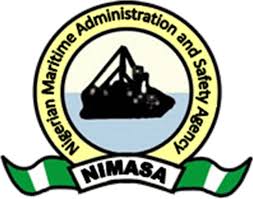The Director-General of NIMASA, Dr. Dakuku Peterside, said in Lagos on Sunday that the clampdown became necessary after several warnings.
Peterside said that the cabotage compliance strategy was introduced in 2018 to ease the implementation of the Cabotage Act 2003 in Nigeria.
He said that the agency would no longer encourage the application of any form of waivers under the Cabotage Act.
He said particularly from the oil firms operations, such waivers did not help the growth of the Nigerian maritime sector and economy at large.
“Our laws forbid foreign vessels operating in our territorial waters, save for compliance with the Cabotage Act.
“There shall be no sacred cow when we commence clampdown on erring vessels. We want to increase the number of Nigerians who participate in the marine aspect of our business.
“We are working closely with the Nigerian Content Development and Monitoring Board (NCDMB) to have a joint categorisation of vessels operating under the Cabotage Act in order to ensure the full implementation of the Act,” Peterside said.
He also said that the detention order for a Motor Tanker, MT NAVIGATOR CAPRICORN, which is a Liquefied Petroleum Gas (LPG) carrier had been approved for contravening sections of the Cabotage Act.
Peterside said that the vessel was first boarded in October 2018 and all infractions of Cabotage non-compliance were noted and communicated accordingly to the charterer/owners representatives with 90 days grace period to comply.
He said the 90 days expired on Jan. 31, 2019.
“It is noteworthy that owners made undertaking to remedy the notable infractions when the vessel was issued a detention warning in October 2018,” Peterside said.
He said NIMASA was currently engaging the owners and charterers of the vessel on the need to comply with the laws of the land, MT NAVIGATOR CAPRICORN had been moved to Lagos Anchorage to allow space for other LPG vessels to discharge at the NOJ Jetty.


